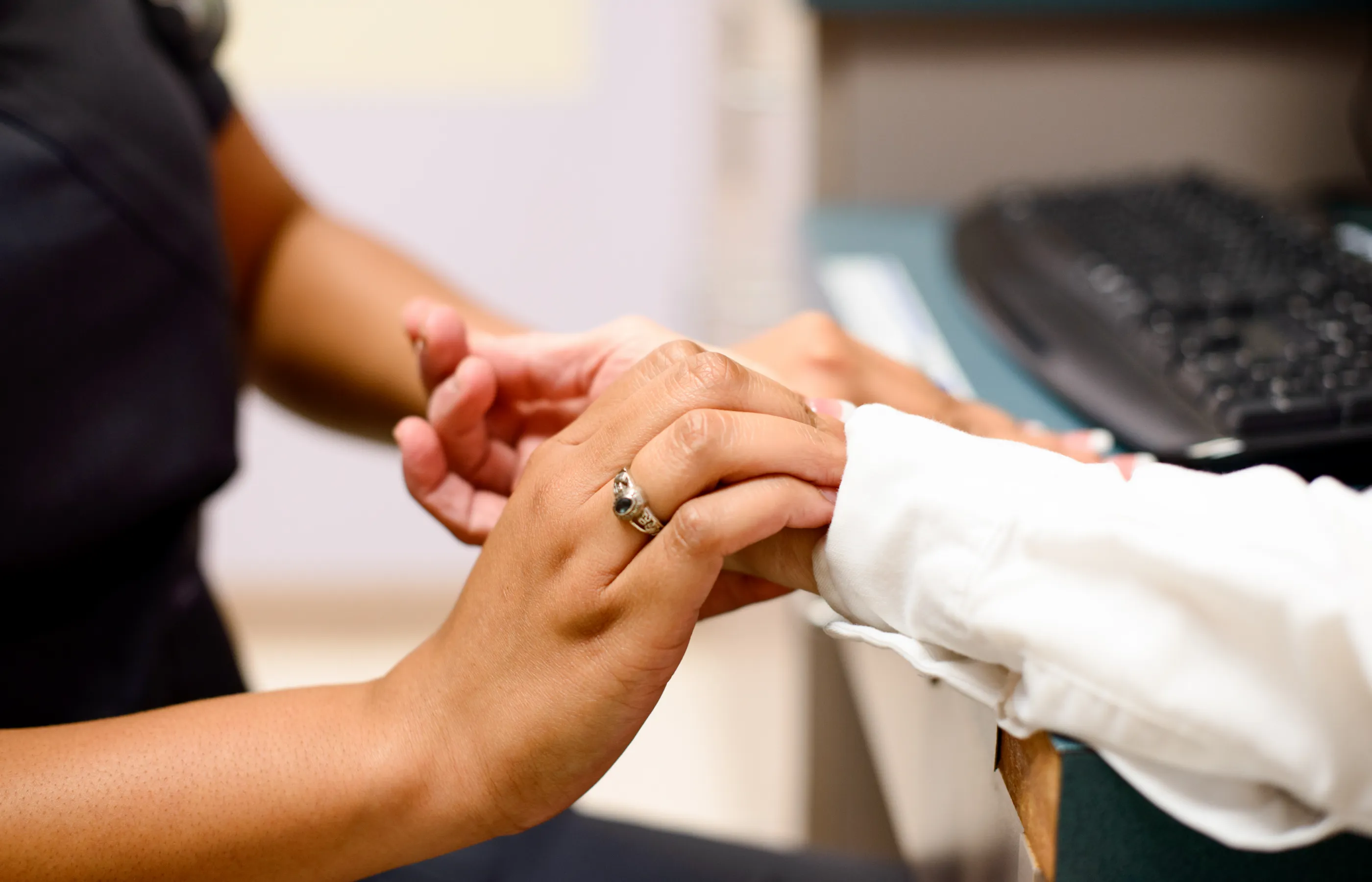Arrhythmia & Atrial Fibrillation
Treatment for irregular heartbeat conditions
Whether your heart is beating too fast, too slow or with an irregular rhythm, the award-winning cardiovascular specialists at Novant Health Heart & Vascular Institute are ready to help.
Take the First Step
If you believe you are at risk for heart disease, it’s time to take the first step in improving your cardiac health. Visit your primary care provider to discuss your heart health to see if you need a referral to one of our heart specialists. If you do not have a primary care provider, follow the steps below to get started:
Step 1:
Visit your Primary
Care Provider
Step 2:
Discuss your
concerns
Step 3:
Your provider gives
a referral
Step 4:
Choose the right
specialist for you

Types of arrhythmias
There are two main categories of arrhythmias:
- Supraventricular Arrhythmias originate in the atria, or heart's upper chambers
- Ventricular Arrhythmias originate in the ventricles, or heart's lower chambers
One of the most common arrhythmias is atrial fibrillation (AFib). This occurs when the two small upper chambers of the heart "quiver" rather than beat normally, which causes blood to pool in the atria.
Other types of arrhythmias include:
- Tachycardia: Heart beating too fast (more than 100 beats per minute)
- Bradycardia: Heart beating too slow (less than 60 beats per minute)
- Bradyarrhythmia: Slow heart rhythm that may be caused by disease in the heart's electrical conduction system
